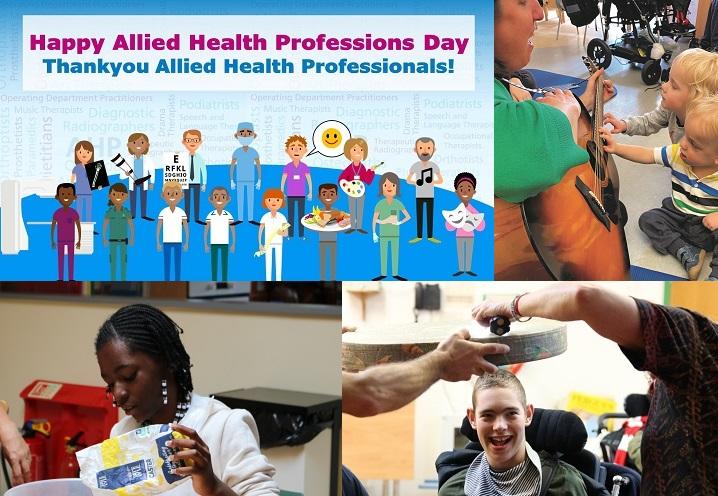
Published on: 14/10/21
To celebrate AHPs’ Day, we spoke to therapists from The Children’s Trust to find out how they help children after a brain injury.

Published on: 14/10/21
Allied Health Professions (AHPs’) Day is a chance to celebrate the third largest healthcare workforce and show the impact these professionals make.
At The Children’s Trust, there are staff working in many of the 14 professions covered by the term. Allied Health Professions include art therapists, drama therapists, music therapists, chiropodists and podiatrists, dietitians, occupational therapists, operating department practitioners, orthoptists, osteopaths, paramedics, physiotherapists, prosthetists and orthotists, diagnostic and therapeutic radiographers, and speech and language therapists.
We caught up with The Children’s Trust’s occupational therapists Susie and Charlotte, and music therapist Claire, to find out more about how their roles.
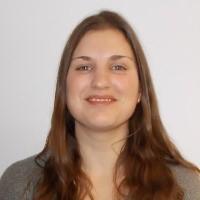
Susie Aspinall is our Brain Injury Community Service Professional Lead and her specialism is occupational therapy. Charlotte Henry is occupational therapist at The Children’s Trust School.
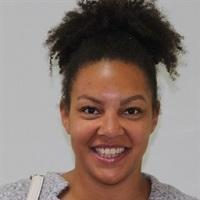
What is occupational therapy?
Occupational Therapy(OT) aims to promote independence in activities of daily living whatever that may look like for the individual. OT enables participation in meaningful activities through consideration of the person and the environment and the impact this has on accessing the activity.
How can occupational therapy help a child following a brain injury?
Susie: Our Brain Injury Community Service helps children back at home and in school – so we’ll work with a child and their family. And maybe their teacher too.
We’ll help the young person in practical ways, like relearning how to walk home from school or how to prepare their lunch.
We’ll suggest things to help in their school day – laminating and colour-coding timetables and maps for example, or finding different ways to take notes/record lessons.
Charlotte: At The Children’s Trust School, we’re based in the classes once a week and this gives the opportunity for education staff to ask any questions they might have and for the OT to identify needs early and provide solutions, to support all the children in the class.
The OT team use technology to support children and young people to access their environment. For example, switches are used widely across site to enable children and young people to participate in their learning. This could include pressing a switch that says “good morning” aloud, using whichever part of the body has the most reliable active movement.
Alternatively, a switch could be used to play a computer game or to access the Drive Deck for the experience of moving their wheelchair independently.
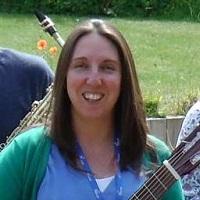
Claire Wood is Lead Music Therapist (Neuro rehabilitation)
What is music therapy?
Music therapy is an established psychological clinical intervention delivered by registered music therapists to help people whose lives have been affected by injury, illness or disability through supporting their psychological, emotional, cognitive, physical, communicative and social needs.
For children and young people who come to The Children’s Trust for neurorehabilitation, music therapy can help them work towards their goals or provide emotional support.
How can music therapy help a child following a brain injury?
There are so many examples! A young person may want to work on recovering the use of their arm as their highest priority and their music therapist can work with the team in providing motivational ways of helping them, perhaps by playing the drum-kit or piano.
Young children can benefit from playful musical interactions in many ways. It is natural for caregivers to use lullabies to soothe and play songs to engage, and after a brain injury, caregivers often look for new ways to re-connect with their child which can be supported in music therapy.
Music therapists write bespoke songs to help with orientation and re-learning. For example, a song about a medical procedure might help to explain the process and reduce a child’s anxiety or a song reminding them where they are and who can support them might reduce confusion.
Happy AHPs’ Day – thanks for all you do!
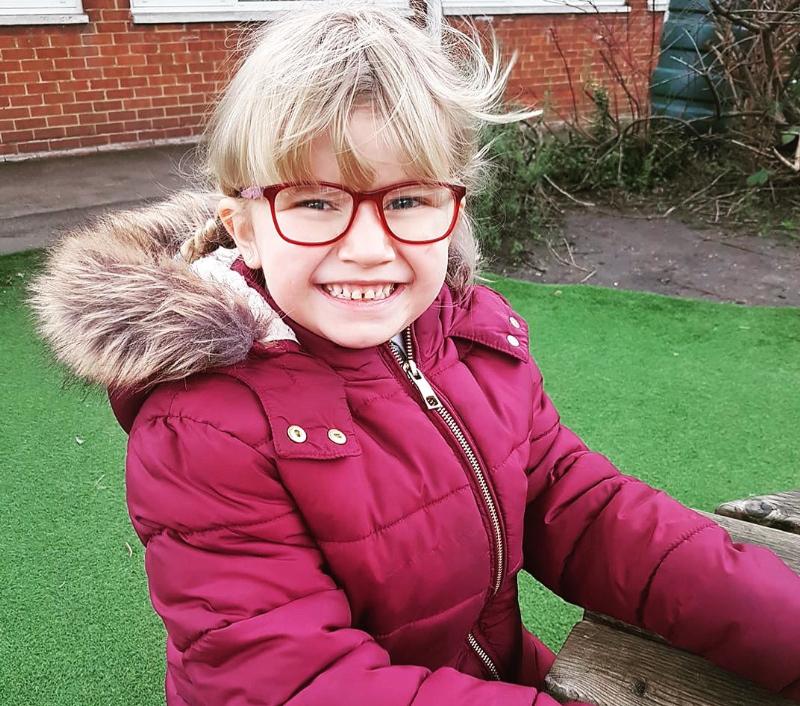
The Children's Trust Community Rehabilitation Service provides specialist goal-orientated neurorehabilitation delivered in the child's environment. Our ultimate goal is to maximise the child's participation in everyday life.
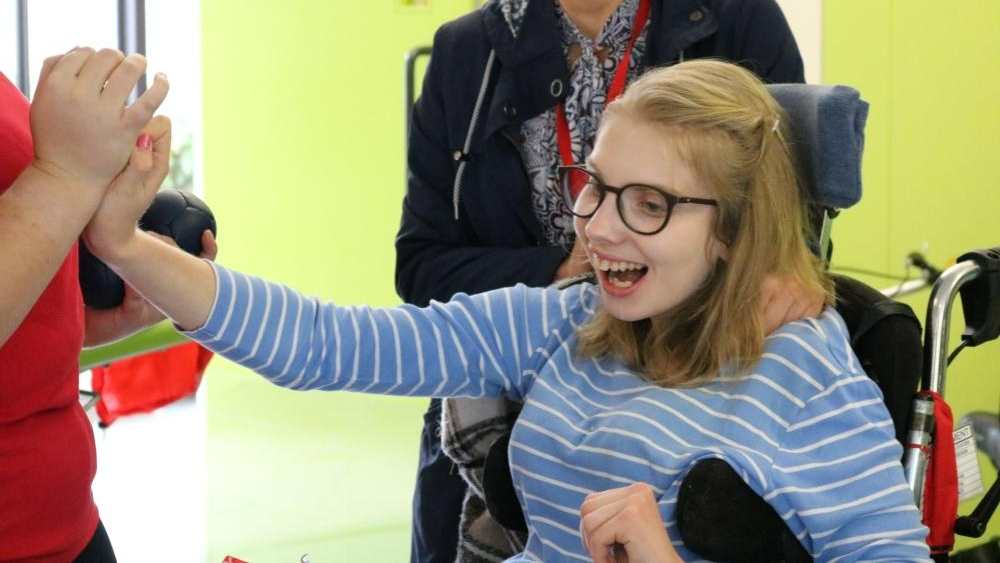
We offer a range of residential brain injury rehabilitation services for children and young people with acquired brain injury (ABI).
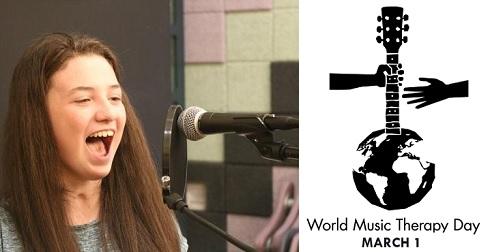
Today we celebrate the work music therapists do across the globe. We catch up with Claire, The Children’s Trust’s Lead Music Therapist (Neurorehabilitation).